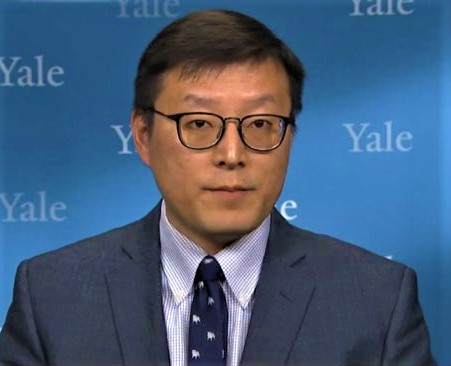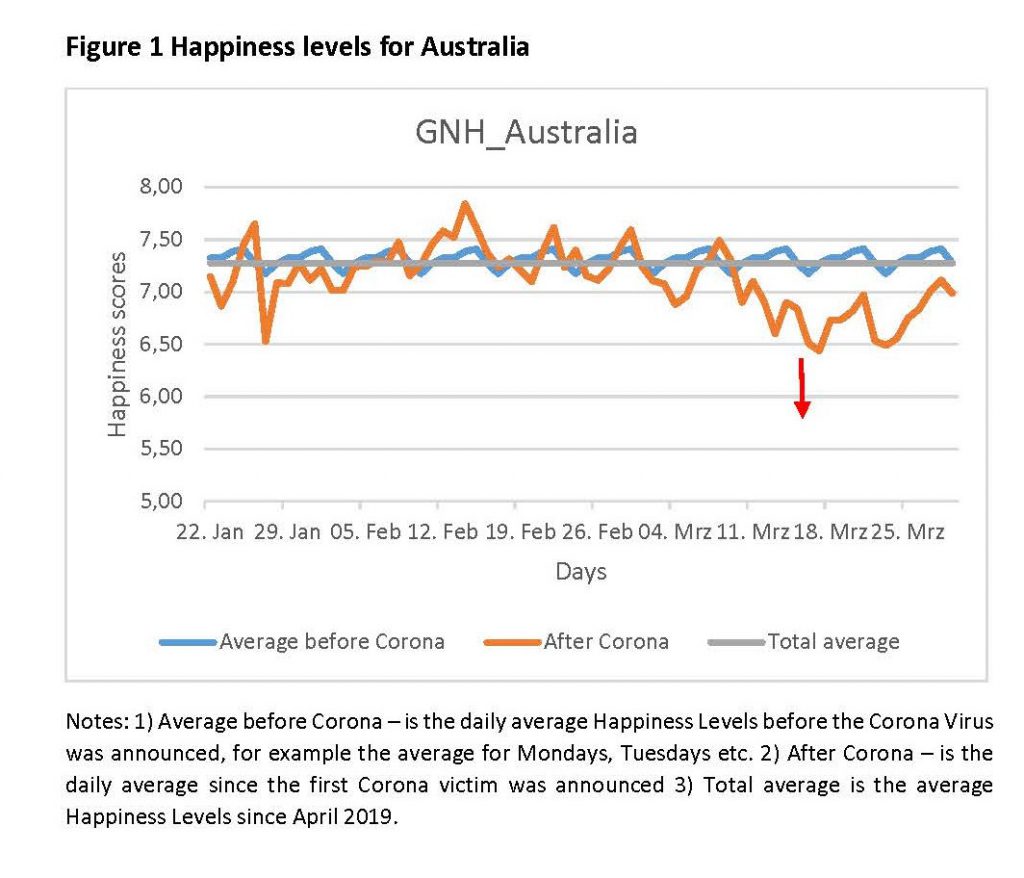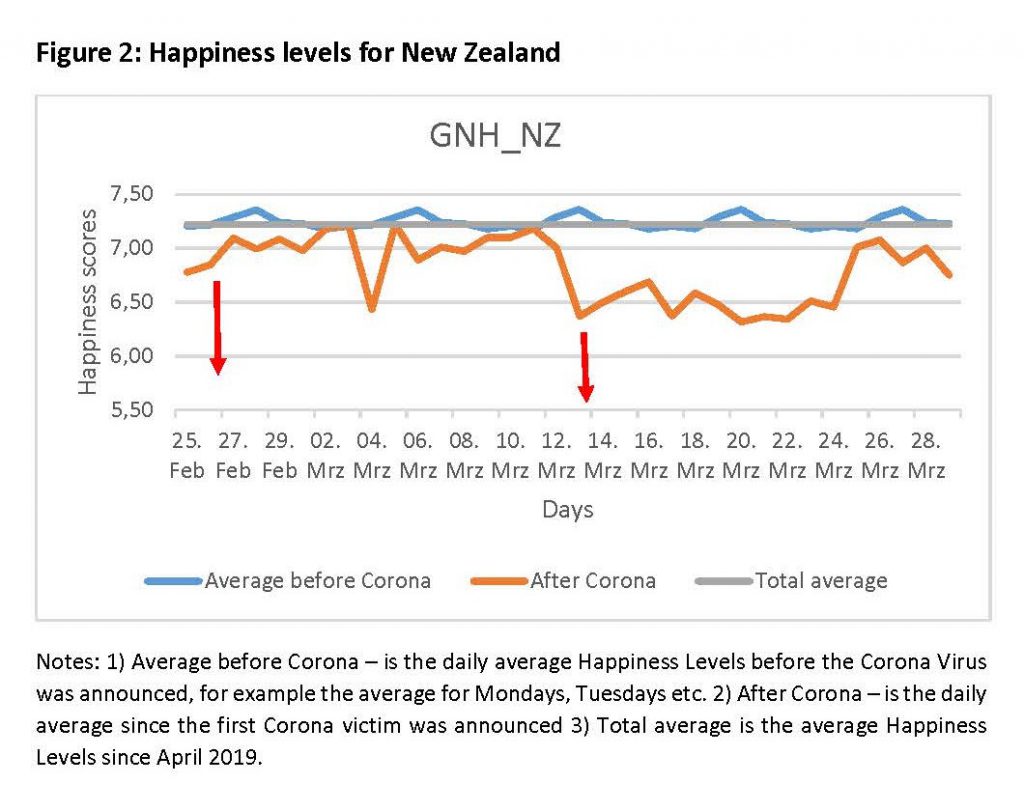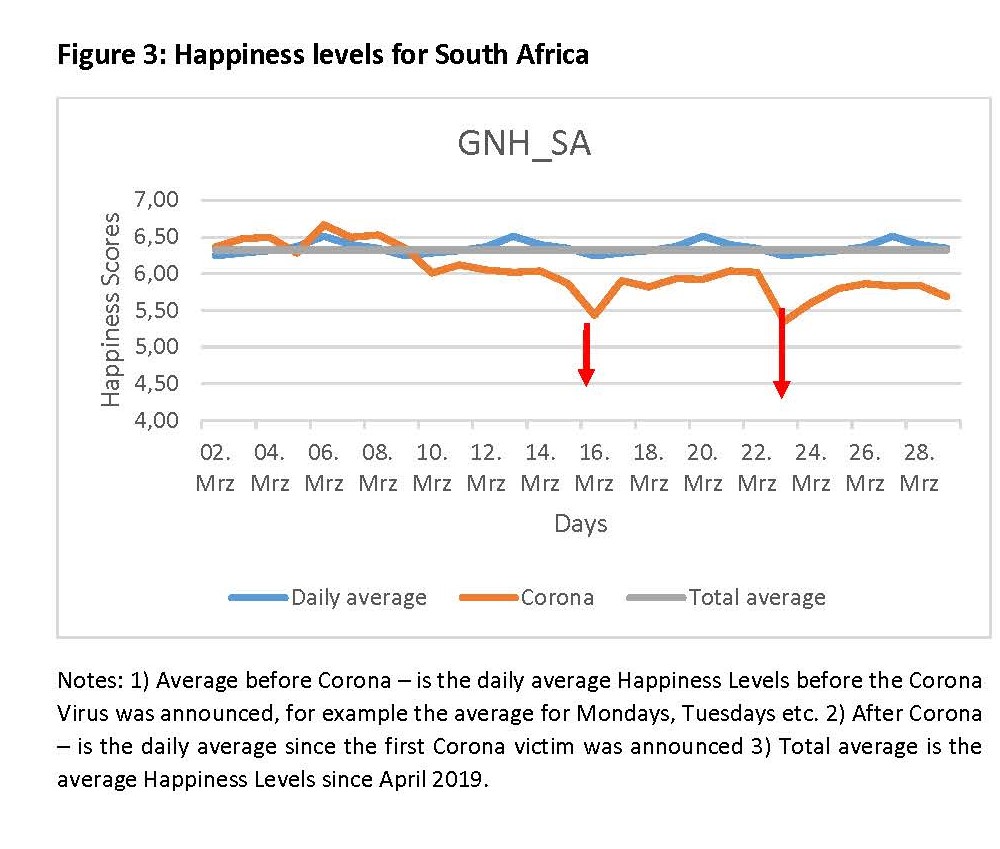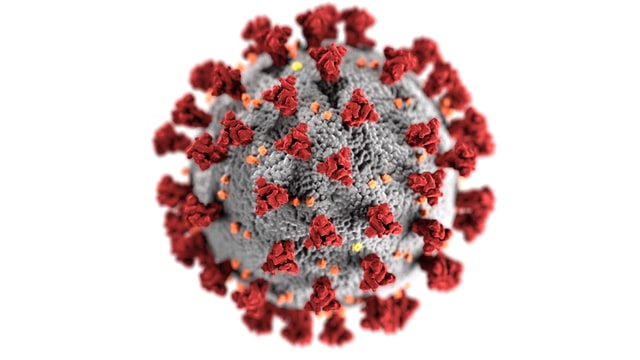A new paper published online in the Journal of Population Economics updates research on son preferences in the United States. In contrast to previous research, any apparent son preference in fertility decisions have disappeared among natively born Americans, while some evidence for son preference in fertility persists among immigrants.
Read more in:
Francine D. Blau, Lawrence M. Kahn, Peter Brummund, Jason Cook & Miriam Larson-Koester
Is there still son preference in the United States? See READLINK.
Forthcoming: Journal of Population Economics (2020), Vol. 33, Issue 3. LEAD ARTICLE.
https://doi.org/10.1007/s00148-019-00760-7
VOXEU column: Note that the popularly written introduction into “Declining Son Preference in the United States” is based on the Journal of Population Economics article above.
GLO Fellows Fran Blau & Larry Kahn
Author Abstract: In this paper, we use 2008–2013 American Community Survey data to update and further probe evidence on son preference in the USA. In light of the substantial increase in immigration, we examine this question separately for natives and immigrants. Dahl and Moretti (Review of Economic Studies 75, 1085-1120, 2008) found earlier evidence consistent with son preference in that having a female first child raised fertility and increased the probability that the family was living without a father. We find that for our more recent period, having a female first child still raises the likelihood of living without a father, but is instead associated with lower fertility, particularly for natives. Thus, by the 2008–2013 period, any apparent son preference in fertility decisions appears to have been outweighed by factors such as cost concerns in raising girls or increased female bargaining power. In contrast, some evidence for son preference in fertility persists among immigrants. Immigrant families that have a female first child have significantly higher fertility and are more likely to be living without a father (though not significantly so). Further, gender inequity in source countries is associated with son preference in fertility among immigrants. For both first- and second-generation immigrants, the impact of a female first-born child on fertility is more pronounced for immigrants from source countries with less gender equity. Finally, we find no evidence of sex selection for the general population of natives and immigrants, suggesting that it does not provide an alternative mechanism to account for the disappearance of a positive fertility effect for natives.
Related recent papers from the GLO network on son preferences:
- GLO Fellows Neeraj Kaushal & Felix M. Muchomba, Missing time with parents: son preference among Asians in the USA. Journal of Population Economics (2018), 31: 397–427. https://doi.org/10.1007/s00148-017-0668-6. See READLINK.
- GLO Fellow Laura Zimmermann, It’s a Boy! Women and Decision-Making Benefits from a Son in India. World Development (2018), 104: 326-335. https://doi.org/10.1016/j.worlddev.2017.12.011
- Yan Sun & GLO Fellows Carl Lin and Chunbing Xing, Son Preference and Human Capital Investment Among China’s Rural-Urban Migrant Households – Download PDF. GLO Discussion Paper No. 268 (2018).
Also forthcoming in (2020), volume 33, issue 3:
- Anh Ngo, Effects of Vietnam’s two-child policy on fertility, son preference, and female labor supply. Journal of Population Economics (2020), Vol. 33, Issue 3. See READLINK.
https://doi.org/10.1007/s00148-019-00766-1.

Photo by Derek Owens on Unsplash 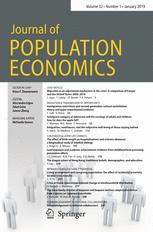
Ends;




